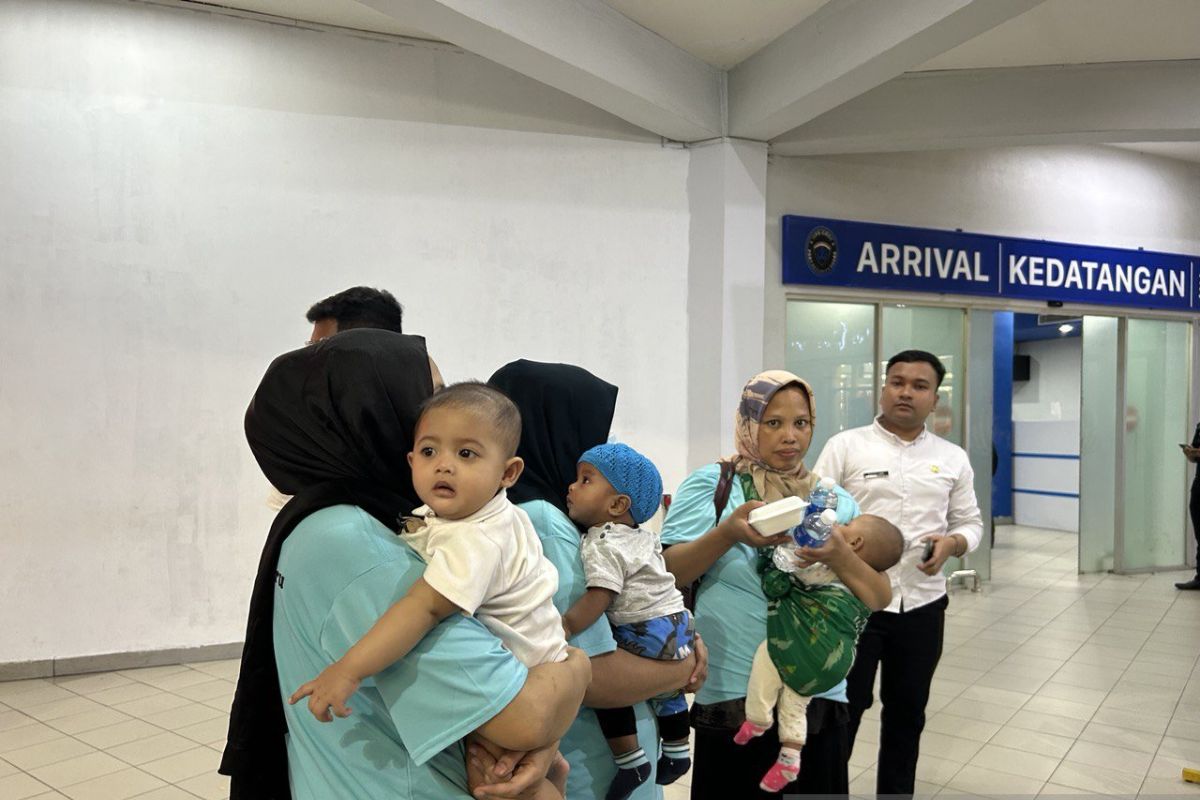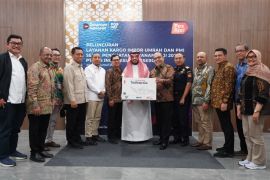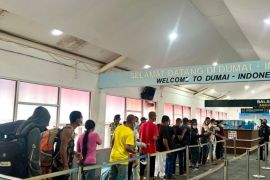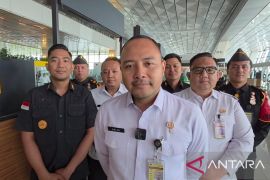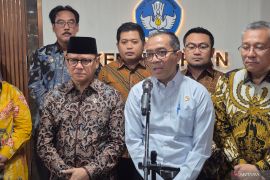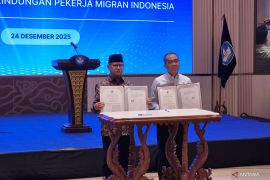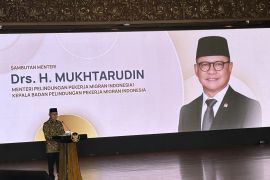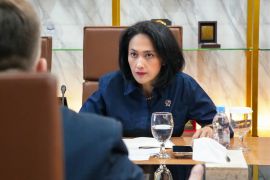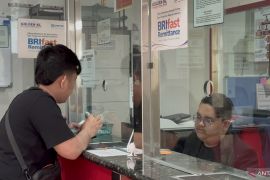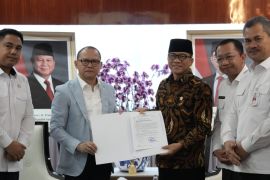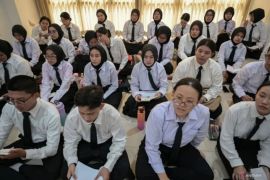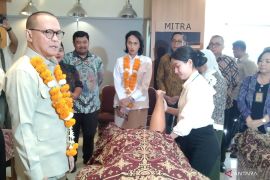“During 2025, we facilitated the deportation of 2,664 migrant workers, 77 of whom were children,” head of the Riau Islands BP3MI, Imam Riyadi, confirmed in Batam on Thursday.
The children were born in Malaysia from marriages with either Indonesian citizens or foreign nationals.
Malaysian regulations prohibit Indonesian migrant workers from working with their families, marrying, and having children. Therefore, migrant workers with children are repatriated to secure their legal status.
In addition, as part of efforts to protect migrant workers and prospective migrant workers in border areas, the Riau Islands BP3MI prevented the departure of 771 undocumented workers.
It also helped 25 migrant workers, as well as 14 sick and vulnerable migrant worker,s return to the country. It also repatriated two bodies.
“So, we facilitated a total of 3,476 migrant workers throughout 2025,” he informed.
Regarding the children of migrant workers who were deported with their mothers, Imam said that such cases require special handling.
Therefore, the BP3MI has invited the Ministry of Women’s Empowerment and Child Protection (PPPA) to directly observe the assistance for deported migrant workers in the Riau Islands.
“Because many women and children are victims and need assistance,” he explained.
The invitation was delivered at the commemoration of Anti-TPPO (Human Trafficking Crime) Day in Jakarta on Wednesday, which was attended by Minister of PPPA, Arifah Fauzi.
The Riau Islands BP3MI was the only regional BP3MI invited by the National Anti-Human Trafficking Network (JarNas Anti-TPPO) to the talk show entitled Human Trafficking Emergency, Together Fighting Crimes Against Humanity.
The talk show was attended by Fauzi, representatives from the Attorney General’s Office, migrant workers who fell victim to human trafficking, and deputy chair of Commission VII of the House of Representatives and chairperson of JarNas Anti-TPPO, Rahayu Saraswati Djojohadikusumo.
On the occasion, Imam also emphasized the need for building shared understanding to handle human trafficking. “We support the need for a shared understanding from every element involved in handling human trafficking victims,” he said.
Translator: Arie Novarina
Editor: Aditya Eko Sigit Wicaksono
Copyright © ANTARA 2025
